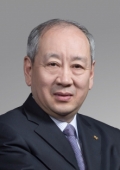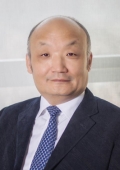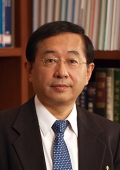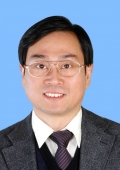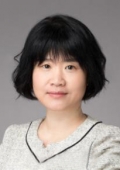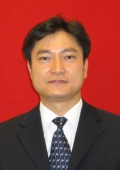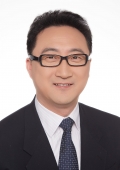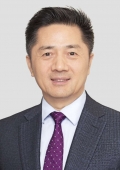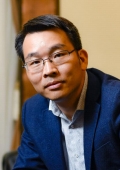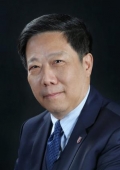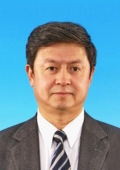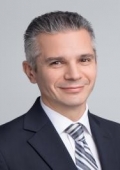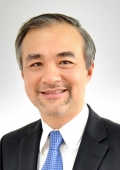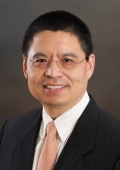2019 marks the 10th anniversary of China’s reform of the healthcare sector. Ten years ago, China began the reform with the introduction of three major health insurance schemes that quickly achieved universal coverage. Over the last few years, the government has launched a range of drastic measures, greatly shortening the time for drugs to be approved and released to the market, and improving the quality of generic drugs. In the healthcare sector, a flurry of polices were introduced to reform public hospitals, establish a multi-tiered diagnosis and treatment system, and encourage the development of private-run medical institutions and internet-based healthcare service. The establishment of the healthcare management department through the 2018 government institutional reforms marked the birth of a command centre for mobilizing and distributing medical resources and macro-managing the healthcare industry in China.
Government policy is the “baton” that conducts the whole healthcare orchestra. Business innovations and technological advances also play a pivotal role in the growth and development of the healthcare industry. In the last 40 years of China’s reform and opening up, the market mechanism has contributed greatly to China's economic prosperity. In spite of the fact that public health care is usually provided by the government through national healthcare systems, private businesses and the market still have a major role to play. In recent years, the private sector has become increasingly active in the medical care, pharmaceutical, medical equipment and medical insurance sectors, playing an important role in meeting people’s needs for better healthcare service. The Internet, IoT, big data, artificial intelligence, block chain and other new technologies are being increasingly applied, leading to disruptive and revolutionary changes to China’s healthcare industry.
As China presses ahead with government institutional reforms, how can the existing healthcare system reform be further deepened in the next decade? What further progress will the health industry make, supported by government policy, the private sector and technologies? How will the health industry benefit from innovation? How can government interventions and market forces perfectly complement each other? To what extent will technological innovation help change traditional healthcare provision and management models? The 15th China Health Care Reform, comprising a main forum and sub-forums on medical insurance, hospitals and pharmaceuticals, will bring government decision-makers, scholars and industry leaders under one roof to explore and share their views on these issues, under the theme “Healthcare system reform, private sector and technology: catalysts driving the growth of China’s healthcare industry in the coming decade”.
|
Saturday, May 11 |
|
|
08:30 ~ 09:00 |
Registration |
|
09:00 ~ 09:10 |
Welcome Address |
|
Session I: Healthcare Industry: Evolution and Top-Level Design |
|
|
The latest government institutional reforms launched by the State Council in 2018 have laid the groundwork for designing an overarching framework for the development and future regulation of China’s healthcare sector. As ministries start to perform their new mandates, reforms aimed at creating synergy among medical insurance, medical services and medicine are expected to generate significant benefits and profound changes. The sound development of the health industry requires government policy support and regulation. Technological advances have greatly promoted the development of the health industry, and provided governments with effective tools for regulating its growth. Against this backdrop, resources have been mobilized to implement the “Healthy China 2030” initiative, and provide universal access to health and healthcare services. Change and transformation have been embraced by government authorities and the health industry. In this session, industry gurus leading efforts to navigate this changing landscape will explore emerging trends in top-level design for the health industry, and their potential impact on the industry’s future development. |
|
|
09:10 ~ 09:30 |
Keynote Speech (I): Supply-side Reforms of the Medical Care Sector |
|
09:30 ~ 09:50 |
Keynote Speech (II): Analysis on Trends in Medical and Pharmaceutical Innovation in China |
|
09:50 ~ 10:10 |
Keynote Speech (III): From Separation of Medical Care and Pharmaceuticals to Coordinated Reform of Medical Care and Consumables Management |
|
10:10 ~ 10:30 |
Q&A
Moderator: Prof. Cai Jiangnan, Adjunct Professor of Economics; Director of CEIBS Centre for Health Care Management and Policy, CEIBS Panellists:
|
|
10:30 ~ 10:50 |
Coffee Break |
|
Session II: Medical Insurance: Value and Costs |
|
|
Private medical insurers have played an important role in China’s healthcare system reform in the last decade. However, with medical insurance gradually taken over by the government, the emergence of novel medical technologies and treatments, and the state’s support for expanded access for innovative drugs, private medical insurers are facing mounting pressure to strike a balance between meeting people’s growing needs and ensuring their own financial sustainability. Against this backdrop, what should government authorities do to ensure private medical insurers meet public needs without financial worries, while giving them expanded access to the healthcare industry? How should medical insurance, medical assistance, and commercial medical insurance be brought together to form a multi-tiered social security system with Chinese characteristics? How can medical service providers improve efficiency without compromising care quality? In this session, officials from public medical insurance agencies, scholars and experts from the commercial medical insurance industry will share their views on these issues. |
|
|
10:50 ~ 11:00 |
Keynote Speech (I): Priorities and Future Trends in China’s Health Insurance Reform |
|
11:00 ~ 11:10 |
Keynote Speech (II): Value-Oriented Approach of Strategic Purchasing by Medical Insurance |
|
11:10 ~ 11:20 |
Keynote Speech (III): Growth Opportunity for Private Health Insurance Companies: Innovative Thinking and Practice |
|
11:20 ~ 12:00 |
Panel Discussion
Moderator: Mr. Jin Weigang, President, Chinese Academy of Labour and Social Security Panelists:
|
|
12:00 ~ 13:30 |
Lunch |
|
Session III: Healthcare System: Reform and Development |
|
|
Over the last decade, the Chinese government has invested heavily in the medical sector, boosting the upgrading of healthcare hardware and software, and enhancing the capacity of healthcare providers to offer better services. However, medical resources are unevenly distributed and the quality of healthcare varies greatly across this vast country due to huge economic disparities between regions. Much remains to be done to fully meet people’s healthcare needs. Under the “Healthy China 2030” initiative, public hospitals need to do more to improve management in order to meet growing public needs. How can public hospitals adapt to emerging trends amidst the ongoing healthcare system reform? How can we fundamentally change the way healthcare is provided, to restore the attractiveness of the medical profession? How can we use innovative approaches to improve management in the healthcare sector? In this session, experts in the health industry, administrators of public hospitals, hospital management experts and providers of new medical services will bring their ideas and insights. |
|
|
13:30 ~ 13:40 |
Keynote Speech (I): Diversified Landscape of Healthcare Provision |
|
13:40 ~ 13:50 |
Keynote Speech (II): Performance Assessment of Public Tertiary Hospitals in China |
|
13:50 ~ 14:00 |
Keynote Speech (III): Innovation Trends in Medical Treatment Partnership System |
|
14:00 ~ 14:10 |
Keynote Speech (IV): Logics and Practices of Comprehensive Healthcare Reform in Shenzhen |
|
14:10 ~ 14:50 |
Panel Discussion
Moderator: Mr. Gao Jiechun, Director, Hospital Management Institute, Fudan University Panelists:
|
|
14:50 ~ 15:20 |
Coffee Break |
|
Session IV: Drugs: Balance between Innovation and Accessibility |
|
|
The last few years have witnessed drastic changes in China’s medicine industry. Government authorities have introduced a series of major policies and measures to reform the industry. New drugs and medical equipment are approved and released to the market at a faster pace, and it now takes a substantially shorter time for foreign innovative drugs to hit the Chinese market. Some much-sought after drugs for combating cancer have been introduced into China and included in medical insurance schemes. A range of new policy initiatives have contributed to consolidation in pharmaceutical research and development, manufacturing, and distribution, including consistency evaluation for generic drugs, the “Two Invoices System” for drug distribution, and the pharmaceutical patent holders system. Such changes have added to the anxiety and confusion of players in the medicine industry. In this session, heads of professional associations, experts and scholars in the medicine industry, and executives from multinational and domestic pharmaceutical companies will suggest solutions to thorny issues of common interest. |
|
|
15:20 ~ 15:30 |
Keynote Speech (I): Drug Regulation in China: The Reform and Legal Environment |
|
15:30 ~ 15:40 |
Keynote Speech (II): Breakthroughs Brought to the Healthcare Sector by New Technologies |
|
15:40 ~ 15:50 |
Keynote Speech (III): Pharma Innovation Upgrade to Raise Sense of Gain |
|
15:50 ~ 16:00 |
Keynote Speech (IV): Advances and Opportunities in Pharmaceutical Innovation |
|
16:00~ 16:40 |
Panel Discussion
Moderator: Mr. Xuan Jianwei, Director of Health Economics Research Institute, School of Pharmaceutical Sciences, Sun Yat-Sen University Panelists:
|
Executive President, China Pharmaceutical Innovation and Research Development Association
Adjunct Professor of Economics; Director of CEIBS Centre for Health Care Management and Policy, CEIBS
Associate Professor, Department of Pharmacy Administration and Clinical Pharmacy School of Pharmaceutical Sciences, Peking University
Vice General Manager of Health and Elderly Care Division, China Pacific Life Insurance Co., Ltd.; General Manager, Pacific Medical & Health Management
Professor, School of Public Economics and Administration, Shanghai University of Finance and Economics
Deputy Director, Shanghai Municipal Health Commission; Vice Chairman , Shanghai Medical Insurance Association
Head of Medical Resource Office, Department of Medical Administration, National Health Commission
Director of Division of Healthcare System Reform and Primary Health, Shenzhen Municipal Health Commission
Executive Vice President, Sir Run Run Shaw Hospital affiliated with Zhejiang University School of Medicine
Director of Health Economics Research Institute, School of Pharmaceutical Sciences, Sun Yat-Sen University
Forum Organisers
China Europe International Business School
![]()
CEIBS is a not-for-profit joint venture established in 1994 with the support of the Chinese government and the European Commission. Over the past two decades, CEIBS has made outstanding achievements and received wide recognition from the society, with its reputation as a prestigious business school in Asia being further strengthened and enhanced. With a vision to become the most respected international business school in the world, CEIBS is committed to educating socially responsible leaders versed in "China Depth, Global Breadth".
CEIBS Centre for Healthcare Management and Policy
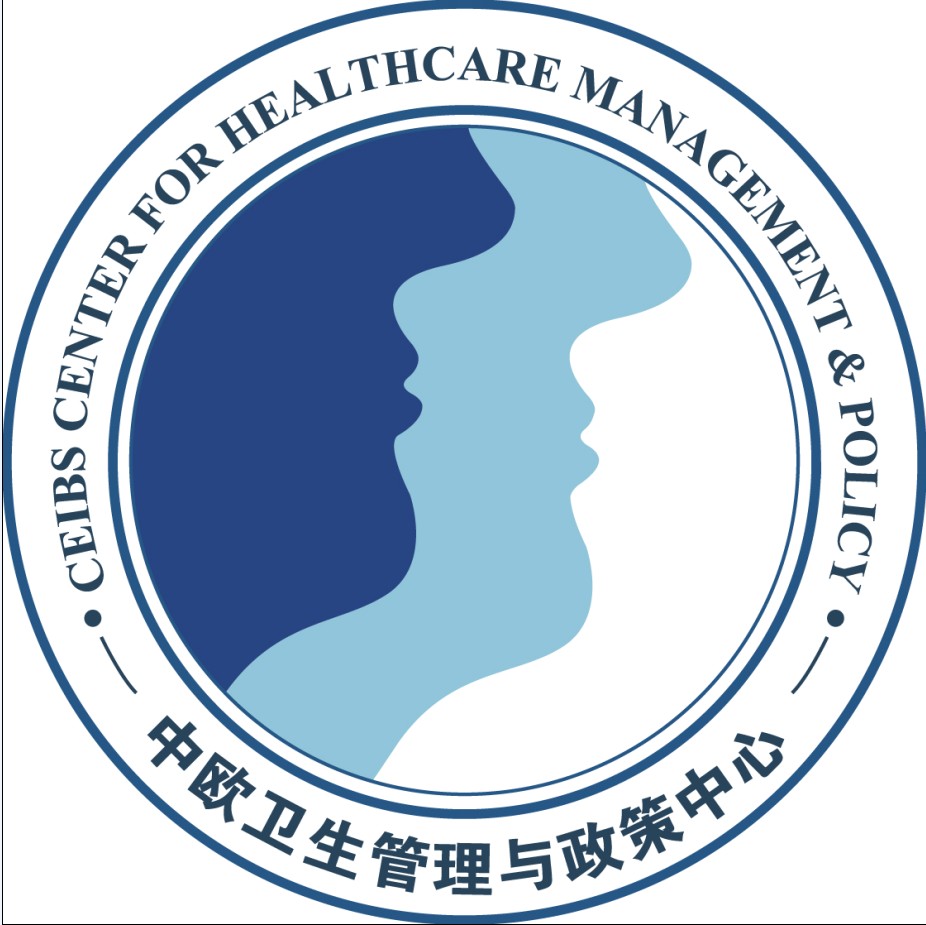
The CEIBS Centre for Healthcare Management and Policy was founded in 2010. It's mission is to be a window of CEIBS healthcare sector that provides services for students, faculty and alumni; to build an exchange and dialogue platform among academia, industry leaders and policy makers, facilitating development of innovation and management capability of the industry; and to be an important think tank in China's healthcare sector by sharing knowledge, information, experience, and the best practice in healthcare between China and the world, as well as providing healthcare policy advice. The research, teaching and events of Centre focuses on the fields of industry innovation, health policy, and personal health management.
Conference Fee
Standard Fee:
RMB 7,500
Note:
If you cancel at any time up to May 11, 2019, a prompt refund will be made to you upon receipt of your written notice (faxes are acceptable). A USD 110 (or RMB 700) non-refundable registration fee will be deducted from your payment. After that date no refunds will be made. If, for any reason, this conference is cancelled, we shall offer you a 100% refund of the conference fee. CEIBS shall not, however, be held responsible for covering airfares, hotel or other costs incurred by registrants. The fee includes attendance at all conference sessions and discussions, welcome banquet, luncheon, coffee breaks and full documentation. The fee does not include your travel or hotel expenses. Please note that we must receive your payment before the date of the conference.
Easy Ways to Register
- If QR code does not work for you, please kindly register online by clicking here
- E-mail: wjill@ceibs.edu
- Inquiry Tel: +86-21-28905262
- Scan below QR code to register:

Conference Venue
The conference will take place at the Petrochemical Auditorium located at the China Europe International Business School's main campus in Shanghai.
Address: 699 Hongfeng Road, Pudong Shanghai, 201206, PRC
Map to China Europe International Business School
Accommodation
Marriott Hotel Pudong Shanghai
15 Xinjinqiao Rd., Pudong, Shanghai, China
www.marriott.com Tel: 86-21-60368888
Deluxe Room RMB 712 (for reference)
* The price including a breakfast and 15% service fee
CEIBS Residence
699 Hongfeng Rd., Pudong, Shanghai, China
Guest Room RMB 380 (for reference)
* The price including a breakfast and 15% service fee
Reservation
Please indicate that you are participating in the 11th Annual China Health Care Industry Forum organised by CEIBS. The discounted rate is effective on or before May 30. Reservations after this date will be taken on a space and rate availability basis.
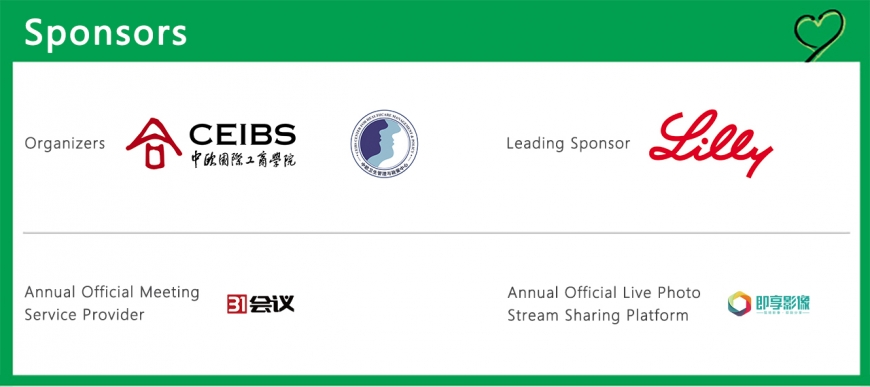
Contact Us
For more details about the 15th Annual China Health Care Forum, please contact:
Ms. Jill Wang (Cooperation)
Marketing & Communications Department
Tel: +86-21-28905262 | Email: wjill@ceibs.edu
Ms. Kitty Chen (Registration)
Marketing & Communications Department
Tel: +86-21-28905047 | Email: ckitty@ceibs.edu
Ms. Liz Huang (Chinese Media)
Marketing & Communications Department
Tel: +86-21-28905071 | Email: hliz@ceibs.edu
Ms. Kate Jiang (International Media)
Marketing & Communications Department
Tel: +86-21-28905073 | Email: jkate@ceibs.edu
Address:
China Europe International Business School (CEIBS)
699 Hongfeng Road, Pudong, Shanghai 201206 P.R.C.
Tel: +86-21-28905890 | Fax: +86-21-28905678 | Map

